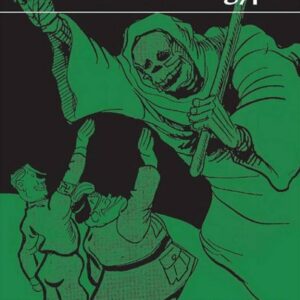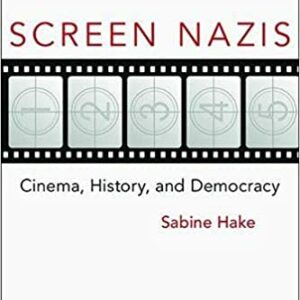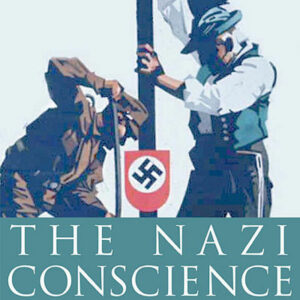
Betrayal: German Churches and the Holocaust
Edited by Susannah Heschel (NHC Fellow, 1997–98)

Edited by Susannah Heschel (NHC Fellow, 1997–98)

By Israel Gershoni (NHC Fellow, 2004–05) Confronting Fascism in Egypt offers a new reading of the political and intellectual culture of Egypt during the interwar era. Though scholarship has commonly emphasized Arab political and military support of Axis powers, this work reveals that the shapers of Egyptian public opinion were largely unreceptive to fascism, openly rejecting … Continued

By Israel Gershoni (NHC Fellow, 2004–05)

By Reinhard Bernbeck (NHC Fellow, 2015–16) Only a few contemporary witnesses can provide information about the conditions in the camps of the National Socialist tyranny. The archive material is often unproductive, especially in the case of smaller facilities such as sub-concentration camps and forced labor camps. But their traces can be found everywhere in Central … Continued

By Sabine Hake (NHC Fellow, 2010–11) From the late 1930s to the early twenty-first century, European and American filmmakers have displayed an enduring fascination with Nazi leaders, rituals, and symbols, making scores of films from Confessions of a Nazi Spy (1939) and Watch on the Rhine (1943) through Des Teufels General (The Devil’s General, 1955) and Pasqualino settebellezze (Seven Beauties, 1975), up to Der … Continued

By Susannah Heschel (NHC Fellow, 1997–98) Was Jesus a Nazi? During the Third Reich, German Protestant theologians, motivated by racism and tapping into traditional Christian anti-Semitism, redefined Jesus as an Aryan and Christianity as a religion at war with Judaism. In 1939, these theologians established the Institute for the Study and Eradication of Jewish Influence … Continued

By Claudia Koonz (NHC Fellow, 1993–94) The Nazi conscience is not an oxymoron. In fact, the perpetrators of genocide had a powerful sense of right and wrong, based on civic values that exalted the moral righteousness of the ethnic community and denounced outsiders. Claudia Koonz’s latest work reveals how racial popularizers developed the infrastructure and … Continued
How did the exiled governments of Nazi-occupied countries respond to the Allies’ war aims? How did the Allies assess their progress on the battlefield before the 1944 invasion of Europe? How did the Allies envision the end of the War? This seminar explores these and other questions as it examines three aspects of World War … Continued

David Denby discusses hearing Herbert von Karajan conducting a performance of Mahler’s 9th Symphony—a moment which made him realize the power of music as a universal language.